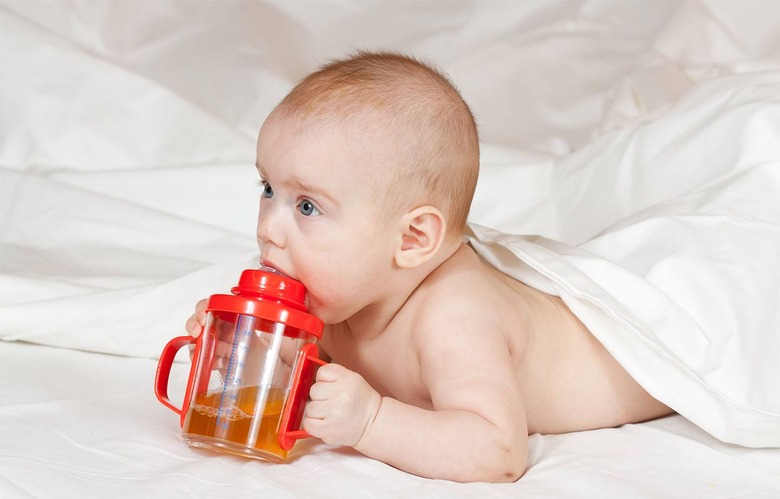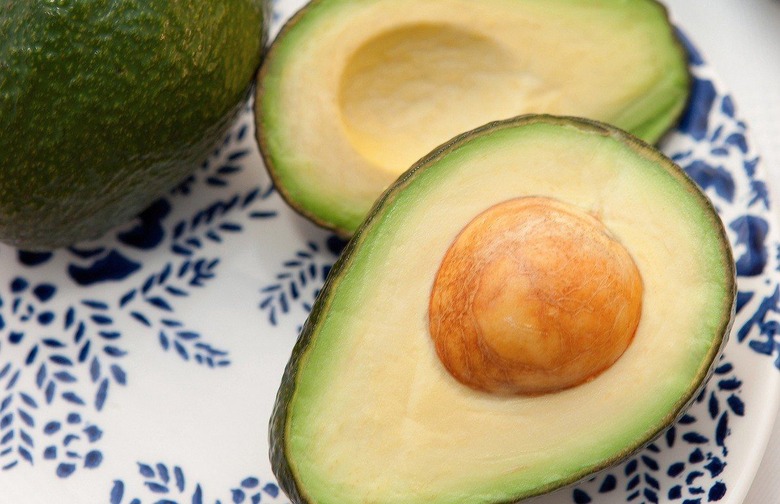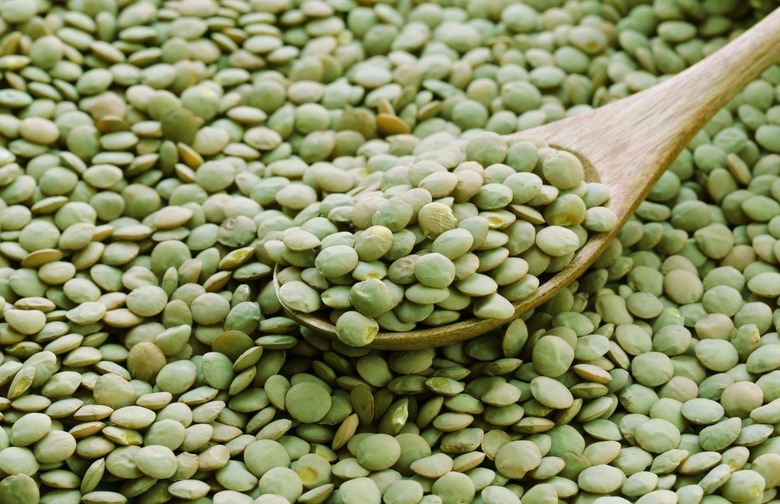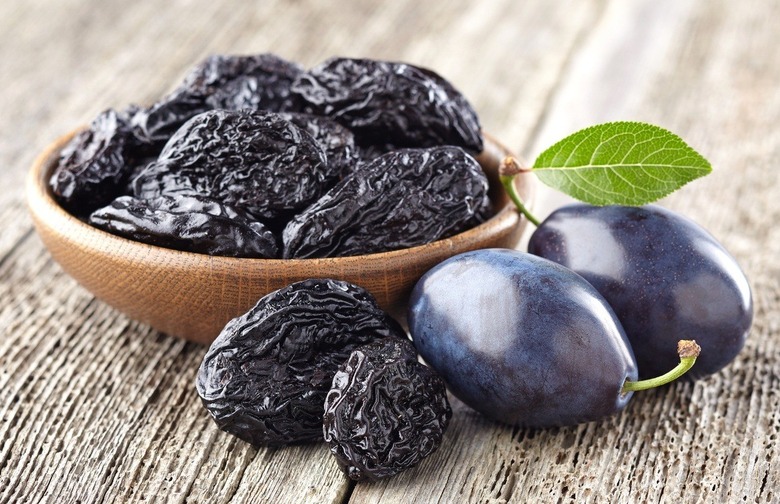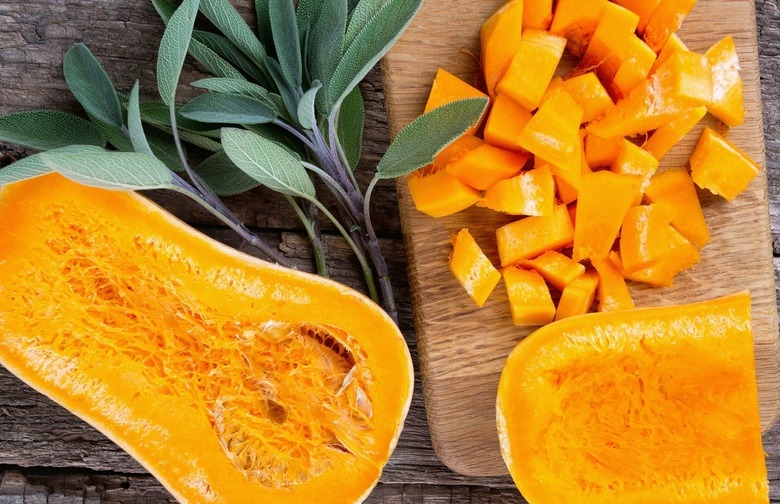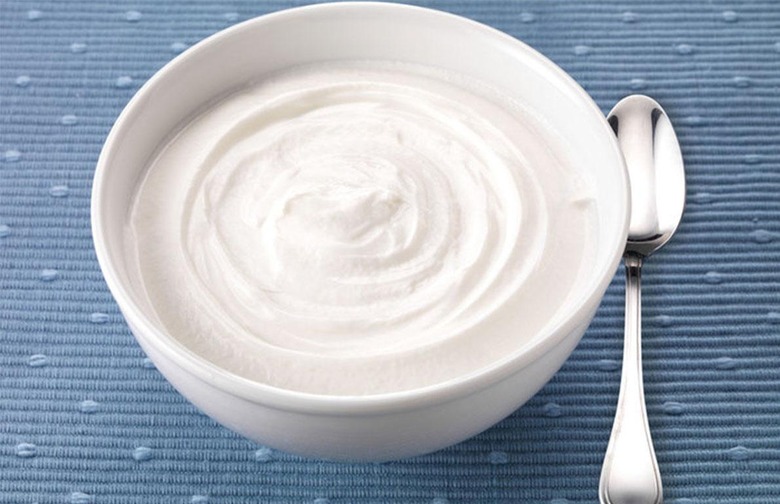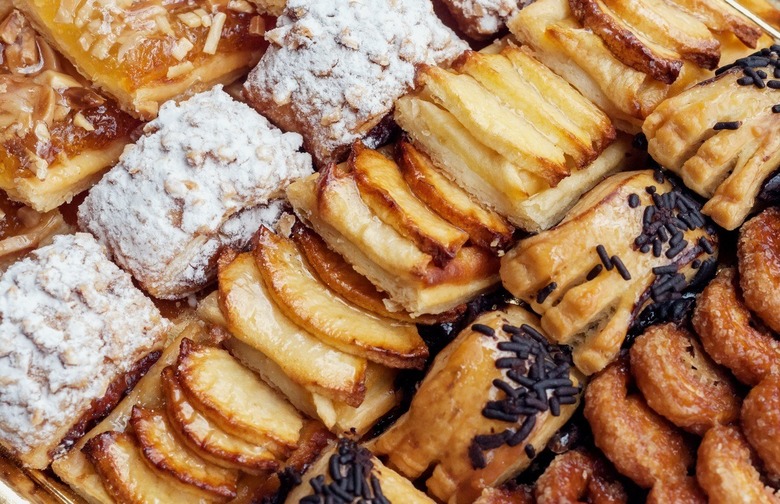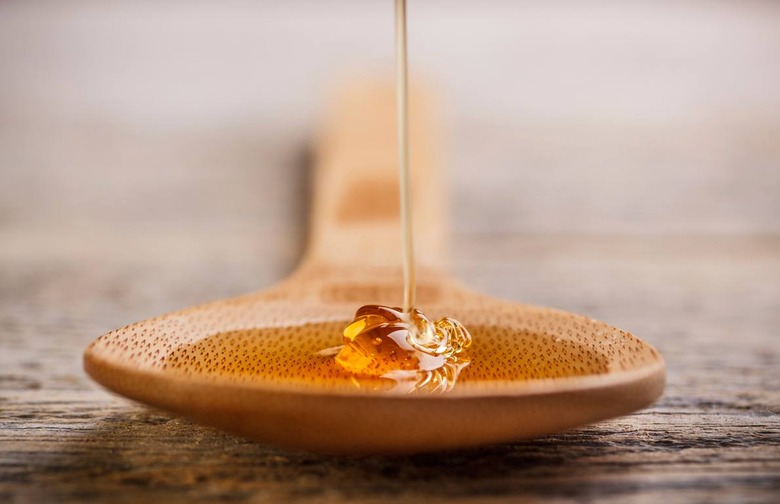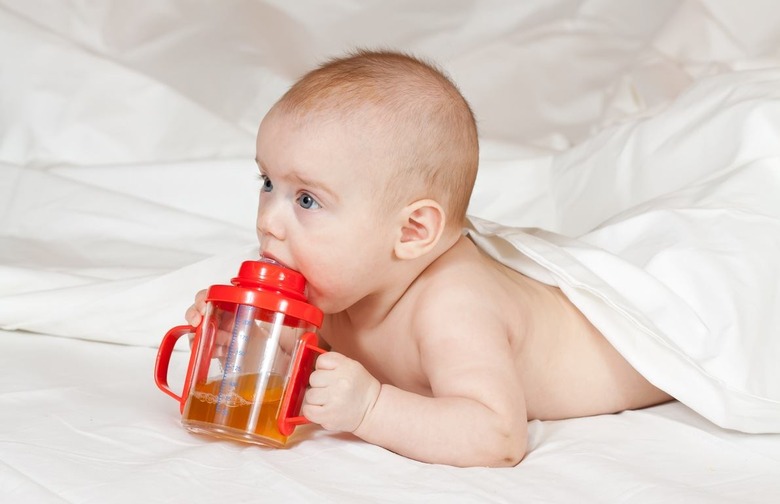11 Healthiest And Unhealthiest Foods For Your Baby Slideshow
Eat: Avocados
The unsaturated fats in avocados help brain development and are of a similar chemical composition to breast milk. Avocados are easily mashable and safe for babies as young as 4 to 6 months of age. As an added bonus, whatever baby doesn't finish can be turned into guacamole for mom or dad.
Eat: Chicken
White meat chicken (small pieces, of course) is a good source of protein and iron for babies starting solid foods. Natural iron levels start to decline at around 6 months, and a lean meat like chicken is the perfect way to reintroduce the mineral into a baby's diet.
Eat: Lentils
Lentils are inexpensive and packed with protein and fiber. The little legumes are bland on their own but can be easily enhanced with any flavor. When cooked down, lentils develop a soft mouth-feel that's perfect to chew — or gum, as the case may be.
Eat: Prunes
Constipation is common in babies just starting on solid foods. Prunes help this process along and are a soft, sweet treat that a baby can enjoy. Relabel any leftover prunes as dried plums, and you can serve them confidently alongside a cheese plate at your next dinner party.
Eat: Winter Squash
Winter squash is an ideal food for babies because of its inherent sweetness. When roasted, squash develops a creamy, smooth texture. Due to high nitrate levels, babies should eat squash after they reach 3 months of age.
Eat: Yogurt
Yogurt provides babies with calcium, vitamin D, and probiotics, which benefit the gastrointestinal tract. It's best to wait until the baby is at least 6 months old before introducing yogurt, and always opt for the plain flavor absent of added sugar.
Avoid: Cakes and Pastries
Snacks such as doughnuts and cakes are high in calories and saturated fat. The sugar in these pastries can lead to tooth decay, which is not ideal for a newly developing mouth.
Avoid: Crackers
Most crackers are made from refined carbohydrates that quickly break down in the body into sugars. Their density runs the risk of filling up a baby's stomach before he or she can get any real nutrients.
Avoid: Honey
For babies less than a year old, consuming honey can cause infant botulism. Eating honey rarely has any adverse effects in children older than 12 months, but it's best to be cautious.
Avoid: Juice
Juice is deceptive: It's marketed as a way to introduce fruit into your baby's diet, but it's really all just sugar. The sweet liquid quickly passes through the digestive tract, making it difficult for the baby to absorb any of the fruit's nutrients. The American Academy of Pediatrics recommends that parents don't give their child juice for the first 12 months and instead stick to water, formula, and breast milk.
Avoid: Peanut butter
Peanut butter is a lunch time snack for children, but a choking hazard for babies. To reduce any risk of choking, try thinning the peanut butter out with some applesauce, or spread it lightly over a piece of bread. A parent can introduce their baby to peanut butter at around 6 months.
